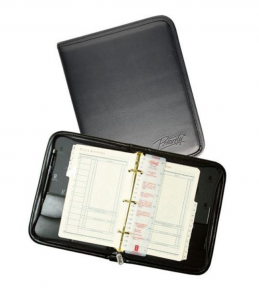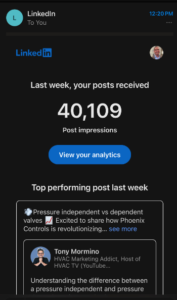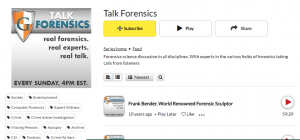HOW TO NOT BE ON THE FRONT PAGE OF THE NEW YORK TIMES
A quick check of Google will reveal any number of listicles concerning email etiquette. Those include everything from including a clear subject line, stating your “ask” up front, and not sending an email when you’re compromised (drunk, distracted, emotional, etc.). What they don’t always include is advice on how not to become the subject line of your own email. Or how to avoid ending up on the front page of the New York Times.
1. Someone else is looking.
Assume your email will have unintended readers. This applies in both the case of the New York Times or the office genius who forwards emails without thinking. Don’t include content you don’t want widely shared, ad hominem attack on others, or language that might leave you on the unemployment line.
2. Brevity is next to godliness.
Keep things clear, simple, and direct. The longer your email, the more likely you are to ramble or write something that just isn’t necessary.
3. You’re not as funny as you think.
Humor in an email is often misunderstood and easily misinterpreted. You’re not Dave Chappelle. If you find yourself giggling over your own email, don’t send it.
4. Your personality is showing.
Personal comments, emojis, and over-familiarity are also often misunderstood and easily misinterpreted. Keep things professional. You won’t have as much explaining to do when you inadvertently send your boss an email signed with robot and fist emojis.
5. Email is not a fire-and-forget system.
Long after you’ve moved on, the emails you sent will still be on a server somewhere. If you’re not smart, these can become modern day skeletons in your closet. And there’s nothing quite as embarrassing as having someone open the closet and start asking questions. Remember that when you’re thinking about hitting “send” on an email. Do you want to be answering questions about that email in ten years?
blog credit: https://news.clearancejobs.com/2021/10/20/the-gruden-effect-5-unspoken-rules-of-email/


